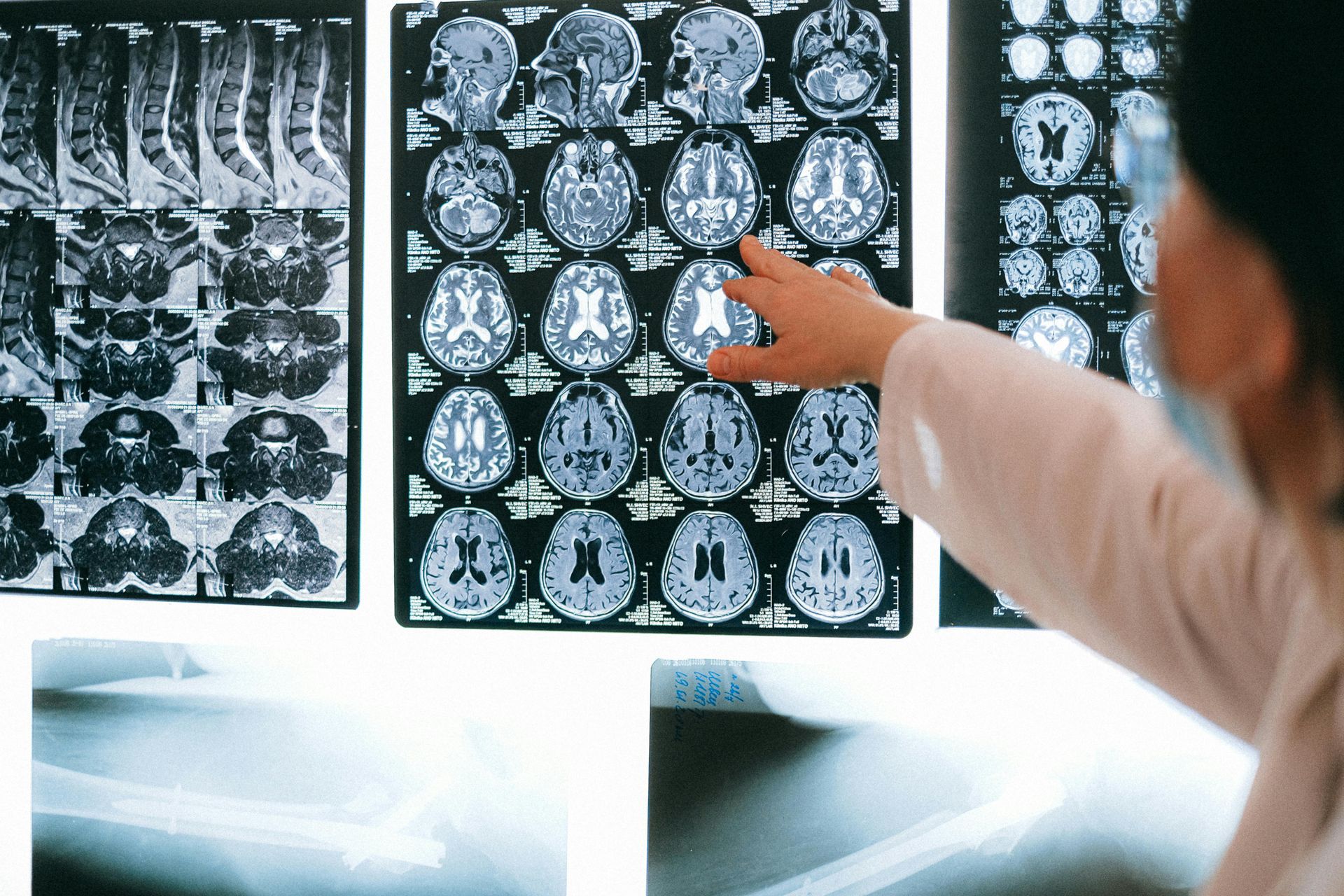(5 min) Why People with ADHD Are at Higher Risk for Meth Addiction—And What We Should Be Doing About It

A Quick Note Before We Begin
If you’ve been here before, you know I usually write with a healthy dose of sass and sarcasm. But today’s post is going to be a little different. This topic is personal... too personal to joke about. And too important to ignore.
Because here’s the facts:
People with ADHD are 2 to 3 times more likely to develop a substance use disorder, and methamphetamine is one of the most dangerous paths that some end up on. This isn’t just data. This is reality for too many of us. Including me.
The ADHD Brain: Wired for Risk
ADHD is a neurodevelopmental condition. At its core, ADHD is about dopamine dysregulation. Our brains struggle to produce and regulate dopamine, the neurotransmitter responsible for motivation, reward, focus, and impulse control.
So what does that mean in real life?
- We chase stimulation just to feel “normal”
- We struggle with impulse control
- We’re wired to seek relief, novelty, and relief from boredom or emotional pain
Now combine that with low self-esteem, emotional sensitivity, trauma, or lack of access to mental health care, and you’ve got a brain that’s vulnerable to anything that promises a shortcut to focus, energy, and peace.
What Methamphetamine Does to an ADHD Brain
Meth is a stimulant and a dangerously powerful one. Chemically, it’s not far off from prescription ADHD medications like Adderall or Vyvanse. But unlike those tightly regulated medications, meth floods the brain with dopamine in a chaotic, toxic surge. For someone with ADHD, the effects can feel miraculous… at first.
- The fog lifts.
- Focus sharpens.
- Motivation kicks in.
- Emotional pain disappears... for a little while.
This is why so many people with undiagnosed or untreated ADHD feel better on meth, until everything falls apart.
The Vicious Cycle
Here’s how it often unfolds:
- ADHD goes undiagnosed or untreated
- The person seeks relief from restlessness, pain, or lack of motivation
- They try meth (sometimes unintentionally through laced drugs or desperate experimentation)
- It works... until it doesn’t
- The brain becomes dependent on it for dopamine
- The addiction spiral begins: more meth, less functioning, more shame
And tragically, the very brain trying to survive ends up more damaged than before.
The Silence That Harms
Here is the worst thing I learned about all of this... despite the clear research and lived experience of thousands of people with ADHD, there is no standardized protocol anywhere in the world to proactively warn patients, or parents, about these risks. There are no required conversations at the time of diagnosis. No brochures. No scripts. No supports.
As a Certified ADHD coach, I find that unacceptable. As someone who lived it, I find it heartbreaking.
My Story
I don’t share this lightly, but I think it matters. I was a child/teenager with undiagnosed ADHD. Growing up in the 80's and 90's, girls just weren't diagnosed as frequently as boys for ADHD (you can read about why here).
My undiagnosed ADHD made me impulsive, emotional, and exceptionally sensitive to rejection (real or perceived). My entire drive in life was to be seen as "cool". It was the only thing I cared about, because ADHD so often made me feel "other".
So when I was invited to my first rave, I jumped in with both feet! The thing is, raves last from like 9pm to 9am... well at least they did in the 90's. I was not prepared for this, and was literally falling asleep against the wall (side-note here, I had also been diagnosed with chronic fatigue as a teenager, so sleep issues were already a problem). A friend offered me a capsule and said it would help me stay awake. The funny thing is, I wasn't a drug user at this time... I actually hated marijuana because it made me sleepier and paranoid. But for some reason, the prospect of being able to stay awake, dance, and be "cool" was all the convincing I needed (thanks ADHD brain!) to take this capsule... it was methamphetamine.
And the crazy thing was, it didn't just keep me awake. It made me feel focused. Calm. Capable. Alive. It felt like I had finally fixed whatever was “wrong” with me. My brain felt not just normal, but peek normal. I was addicted.
And of course, it was no fairy tale. Eventually I had to use more and more meth to try to feel like I did that first time. It never happened.
What did happen was I started to hallucinate that helicopters and shadowy figures in the dark were following me, and I was convinced that I was being hunted by former friends. My meth use literally put my brain into a psychosis similar to what people with psychiatric issues experience. I was kicked out of my high school (which was a pretty prestigious French-immersion school at the time), I lost nearly all my friends, and was a total mess.
But lucky for me, I have a wonderful support system in my aunt, uncle, and 2 cousins, (who lived an hour north of me). They moved me out of the big city and away from my meth access points. I got clean (In total I was only in the rave scene for like 18 months, so it wasn't a long addiction). I eventually finished high school and got into University and I managed to graduate and get several degrees. And I am happy to say I never touched meth again.
Now, fast forward to me as an adult... I was diagnosed with ADHD-Combined and prescribed meds and several therapy and lifestyle items (you can read about that here... and here). I realised over time, that my ADHD meds give me a very similar brain feeling to how I felt when I was using meth. I can concentrate, and get into a flow state. I feel normal. And it made me start to realise how my addiction to meth was so inevitable, even though I wasn't a drug user at the time.
And I was surprised when going through my ADHD Coach certification training, that not once did we ever discuss ADHD and addiction... not even during the impulsivity sections. I started researching whether there is a national or international protocol about disclosing these risks to patients (adults) or parents of patients (children) who have been diagnosed... or whether meth addicts are screened for ADHD? The short answer? Nope!
No warning, no support, no help at all.
And I know I don't have a Ph D. or anything, but I do have lived experience and now spend my life coaching and helping others. And even though my story turned out well, I know not everyone is so lucky. And if I can help even one person with ADHD to avoid the trap of meth addiction, I will do everything in my power... even if it means sharing this story of my own past addiction issues.
So what am I doing to help?
I have created two documents that I think can make a difference (you can download them for free by clicking on the links below):
- An ADHD-Addiction-Prevention Protocol for Health Care Providers; and
- A Parent Checklist for ADHD-Addiction-Prevention in Teens
I am putting them out into the world through this post, through you. So please read on, and share far and wide!
The Research Is Clear
Here’s what we know:
- People with ADHD are 2–3x more likely to develop a substance use disorder (SUD)
- Stimulant misuse, especially meth and cocaine, is more common among people with ADHD
- Untreated ADHD increases the risk of addiction
- Proper ADHD treatment, including stimulant meds, actually reduces the risk of future substance misuse
Let me repeat that last one louder for the people in the back: Adderall doesn’t cause addiction. Meth does. Lack of treatment does. Shame does.
What Should Be Happening (But Isn’t)
At the moment of ADHD diagnosis, whether in childhood or adulthood, there should be a clear, respectful conversation about substance use risk. Not to scare anyone. Not to shame anyone. But to empower them with information they deserve to know.
Proposed Provider Protocol:
- A suggested script for healthcare providers
- Key facts to communicate
- What resources to offer immediately
- How to normalize future check-ins
What Parents Need to Know (and Do)
Parents often feel helpless when their child is diagnosed with ADHD. But you’re not powerless. The earlier you understand the risks, the earlier you can build protective strategies.
The Parent Checklist:
- Conversation starters
- Risk factors to watch
- ADHD-safe dopamine strategies
- Ways to monitor without micromanaging
We can’t afford to keep treating ADHD as SOLELY a “focus problem” and addiction as a separate, shame-based issue. The link between them is real. And preventable. If you’re a provider: start the conversation. If you’re a parent: educate and connect early. If you’re someone with ADHD and a complicated history with substances: you’re not alone. You’re not weak. Your brain was just trying to survive.
We can do better. We must do better. And it starts with awareness.
Want to Stay in the Loop?
I write about ADHD, nervous system regulation, and real-life strategies for neurodivergent brains (among other things). Subscribe to the newsletter to make sure you never miss a post, book, coaching opportunity, course, or digital tool.


